Free speech advocates and experts have voiced criticism over a British court's ruling allowing the extradition of WikiLeaks founder Julian Assange to the United States, despite concerns about his rights and the potential consequences for press freedom.
Assange, facing espionage charges in a Virginia court, had appealed his extradition from the UK. London's High Court, while seeking assurances against the death penalty and for upholding Assange's free speech rights, ultimately decided to proceed with the extradition process.
The decision has drawn backlash from Assange's supporters, who argue that his prolonged legal battle, spanning from seeking asylum in the Ecuadorean embassy to facing incarceration in Belmarsh prison, has already amounted to severe punishment.
Stefania Maurizi, an investigative journalist who has collaborated with WikiLeaks, criticized the reliance on assurances, labeling them as unreliable and emphasizing the detrimental impact on whistleblowers and journalists.
Assange's wife, Stella, condemned the decision outside the High Court, asserting that it poses a threat to his life and underscores the need for political intervention.
The charges against Assange stem from WikiLeaks' publication of classified US military documents in 2010, revealing potential war crimes in Iraq and Afghanistan. While Assange contends that he acted in the public interest as a publisher, US prosecutors view him as a spy under the Espionage Act.
Free speech experts, including Jameel Jaffer from Columbia University, have denounced the application of the Espionage Act in Assange's case, warning of its chilling effect on press freedom and the public's right to know.
As Assange's legal battle continues, his supporters remain vocal, rallying outside the court and chanting slogans demanding his freedom.
The decision by the UK High Court reignites debates over the balance between national security interests and the fundamental principles of free speech and transparency, resonating across international borders.



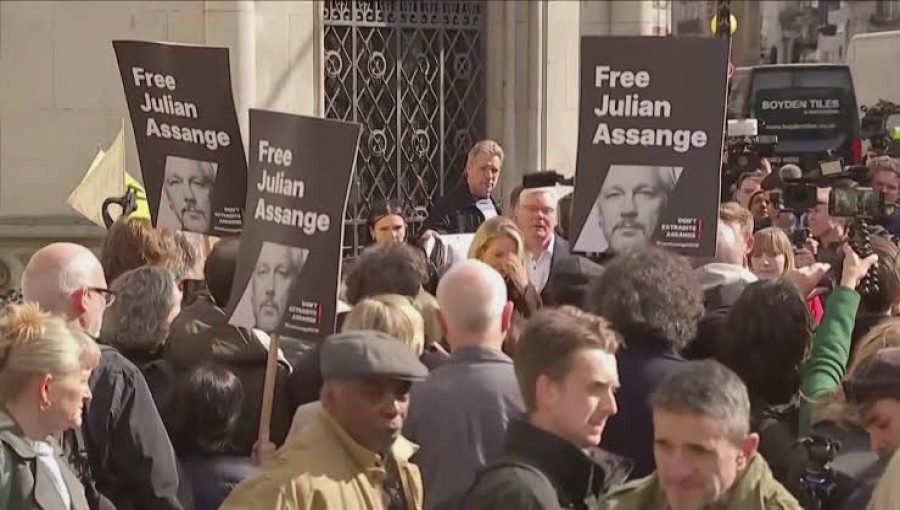
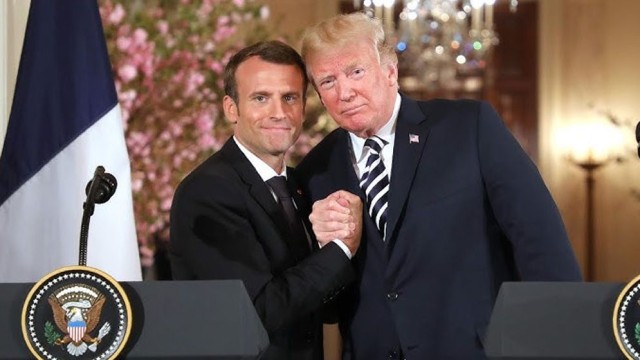
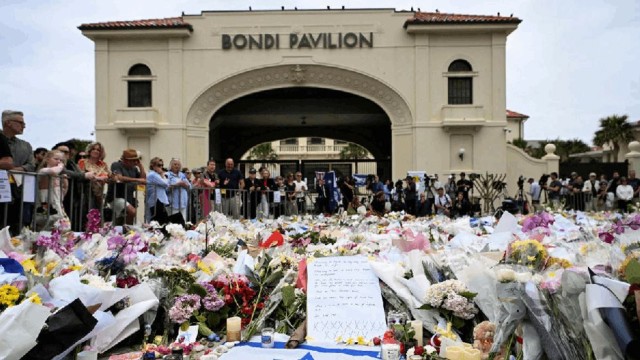

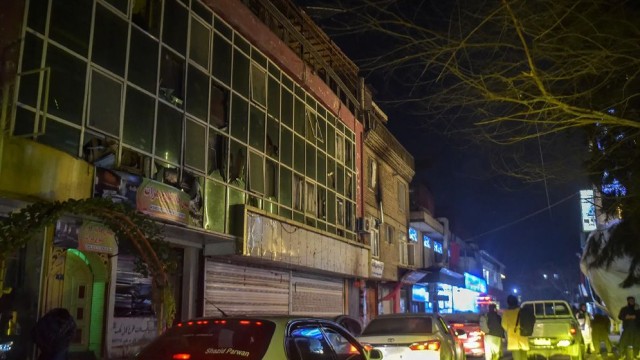
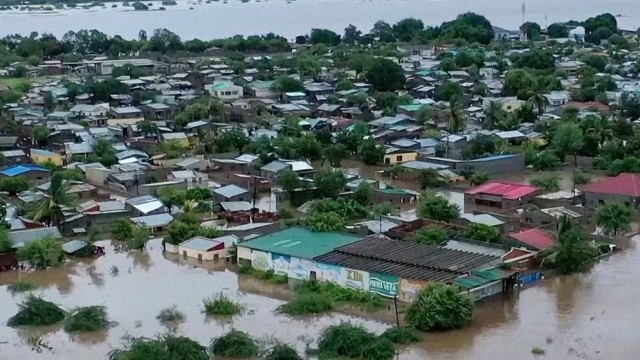

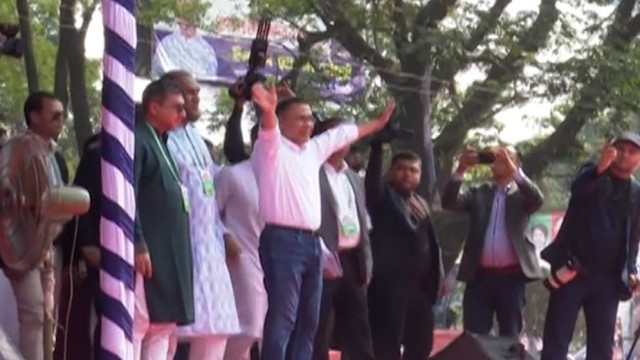
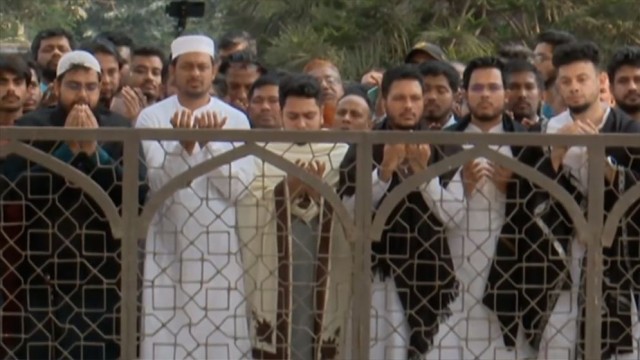
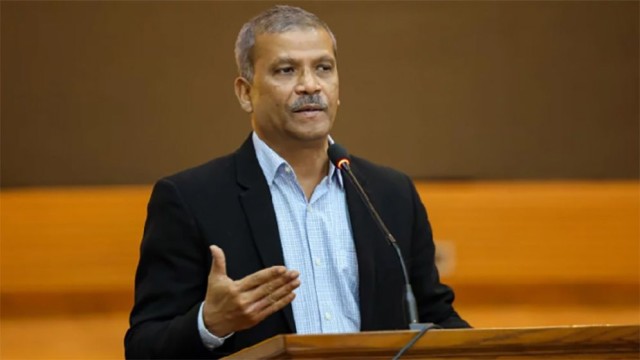
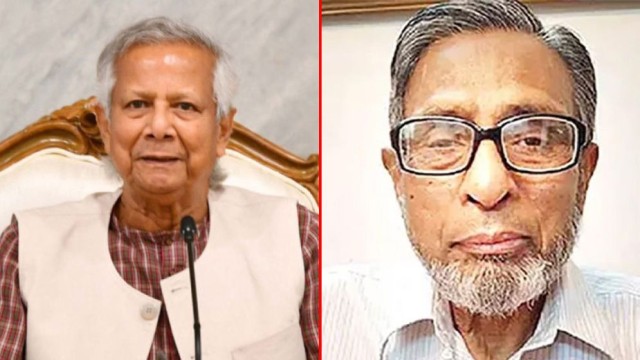
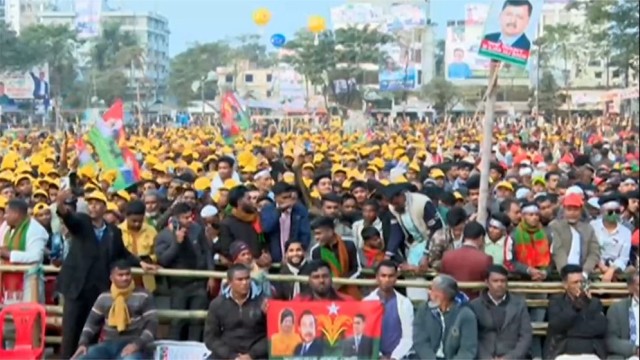
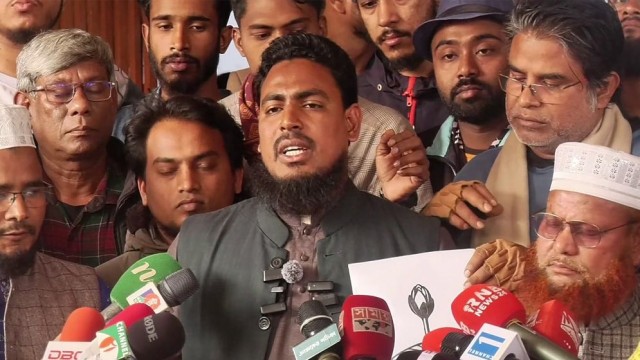
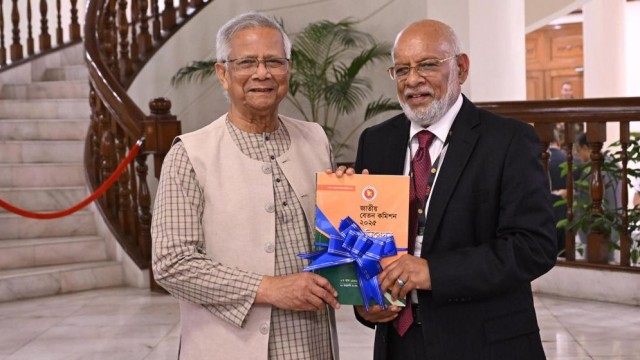
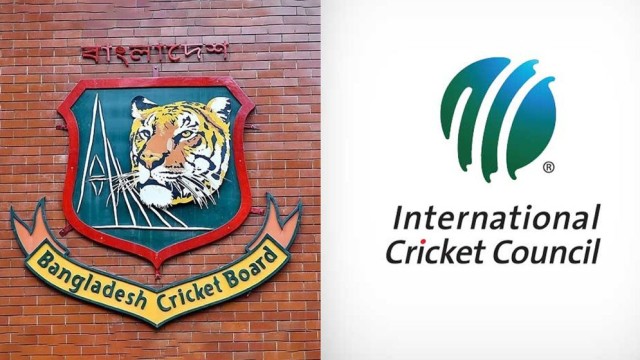
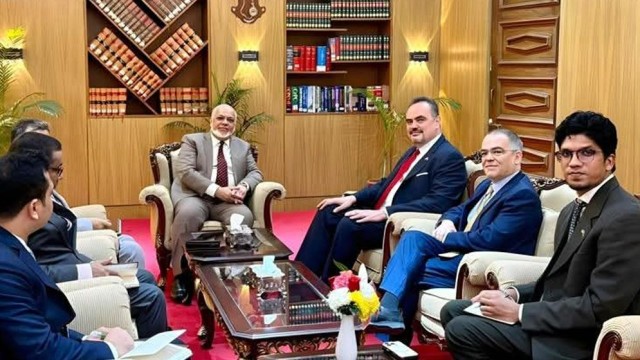
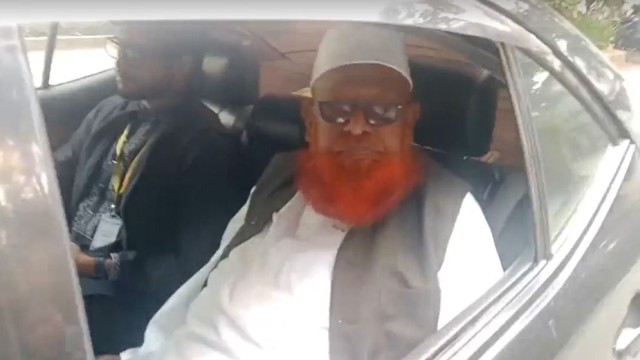








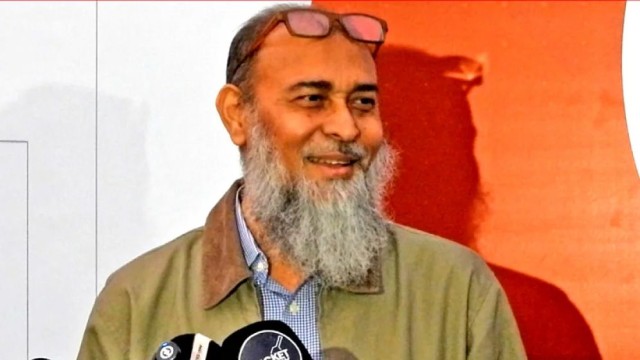


Comment: